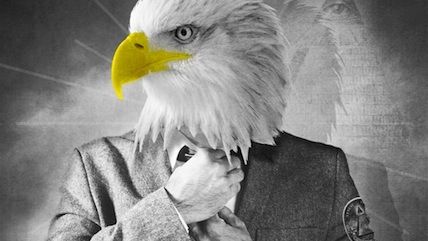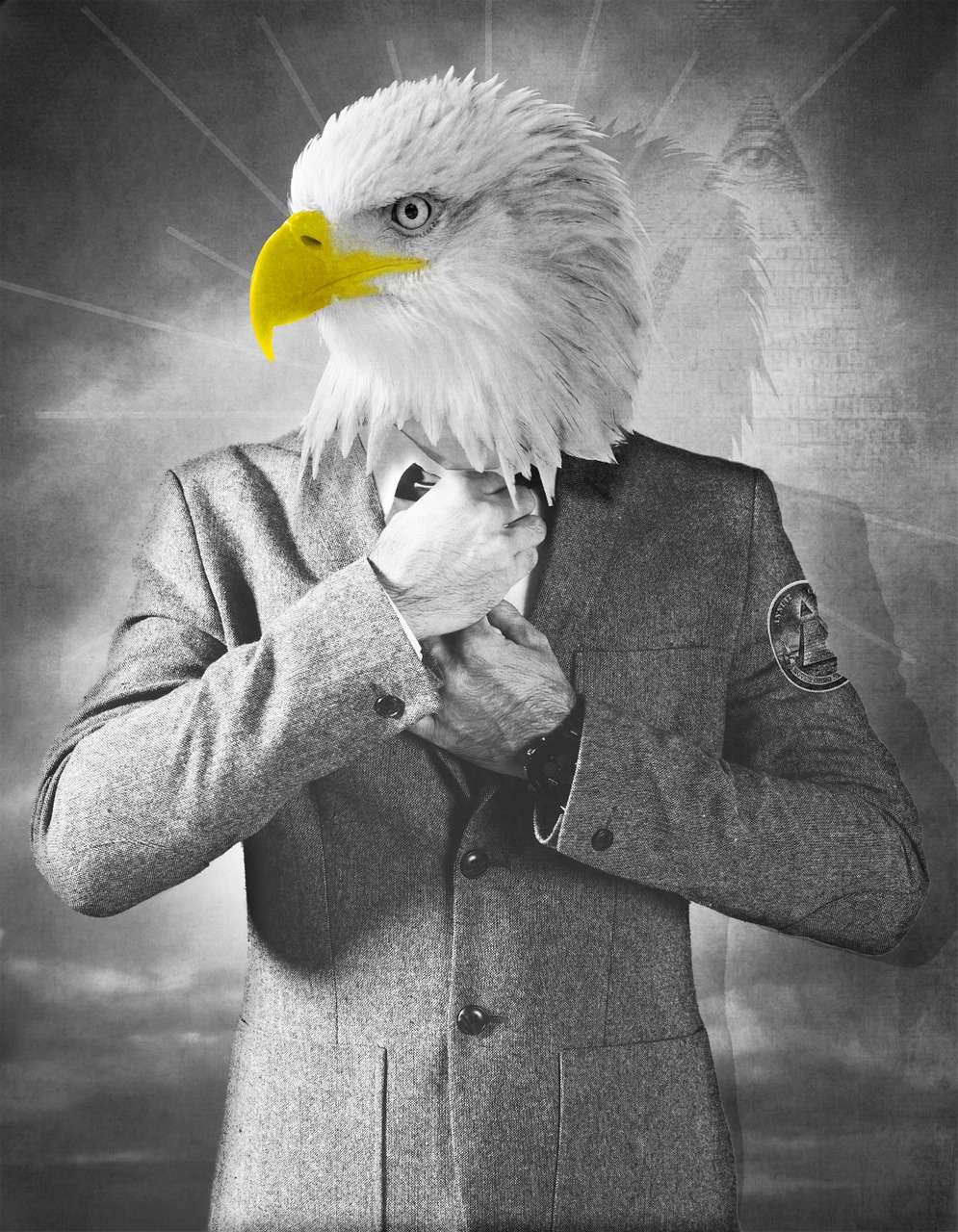The Paranoid Presidency
Many presidents have spouted conspiracy theories. What's different about Trump is the way he does it.


Donald Trump is famously prone to conspiracy theories, but that in itself isn't unusual in the executive branch. "Indeed, there's a long history of presidents and their inner circles obsessing about malevolent cabals. What's different about Trump isn't the fact that he talks about dubious conspiracies. It's the way he talks about them."
Who am I quoting there? Why, I'm quoting myself! Yep, this is one of those Hit & Run posts where we promote a piece we published elsewhere. In this case, The New Republic asked me to write something about presidential paranoia, and I obliged with a story that hops from John Quincy Adams' obsession with Masonic plots to Richard Nixon stewing about the Jews to Donald Trump's dark speculations about the death of Antonin Scalia. What makes Trump stand out, I argue, isn't the content of his theories so much as the fact that he spouts them without regard for elite mores:
Conspiracy theories tend to be disreputable. Indeed, in most circles of respectable opinion, the very phrase conspiracy theory is used as a pejorative. So when high-level officials embrace a position considered to be taboo, they often prefer not to talk about it. John Kerry has long rejected the official story about JFK's assassination, but when Meet the Press brought up the subject in 2013, the secretary of state clammed up. "I just have a point of view," Kerry demurred. "And I'm not going to get into that."
Our new president, to the delight of his supporters, presents himself as a man unshackled by such mores of polite society. Richard Nixon may have been prone to seeing plots everywhere, but it's hard to imagine him publicly promoting a transparently phony theory tying Rafael Cruz to Lee Harvey Oswald; it's harder still to picture him backing up his claims by citing the National Enquirer. For Trump, neither the story nor the source is something to be ashamed of.
There's a strong chance, of course, that Trump doesn't actually believe the Enquirer story, and that he only brought it up because Ted Cruz happened to be his chief political foe that day. That's where his cynicism comes in. Trump doesn't just spout unsubstantiated accusations; he often drops them as quickly as he brings them up, as though it never really mattered if they were true.
The full article is here. My book on conspiracy theories is here. And the last article I wrote for The New Republic is here. It's from March of 1998, so my appearances there, like the ancient Greek calendar, appear to be based on a 19-year cycle.

Show Comments (78)